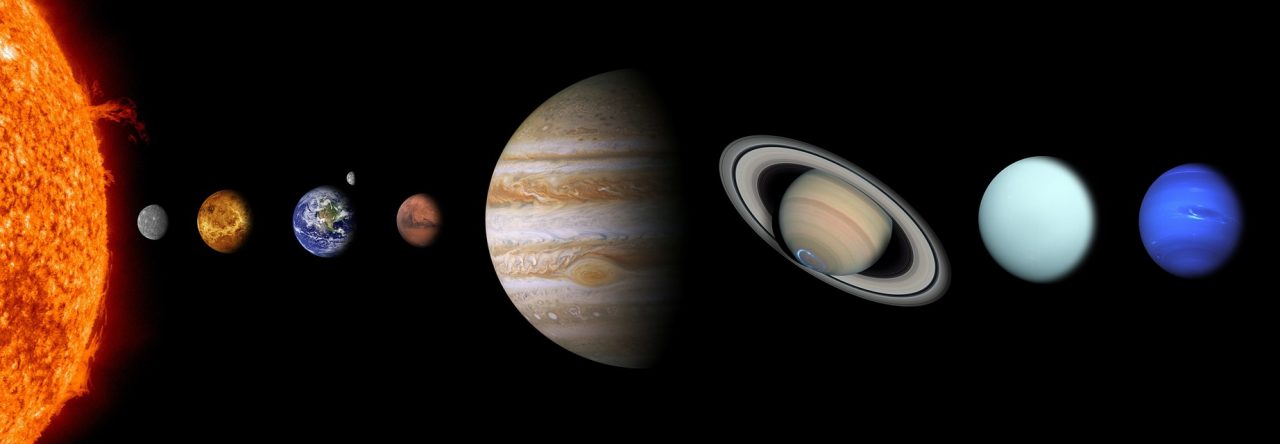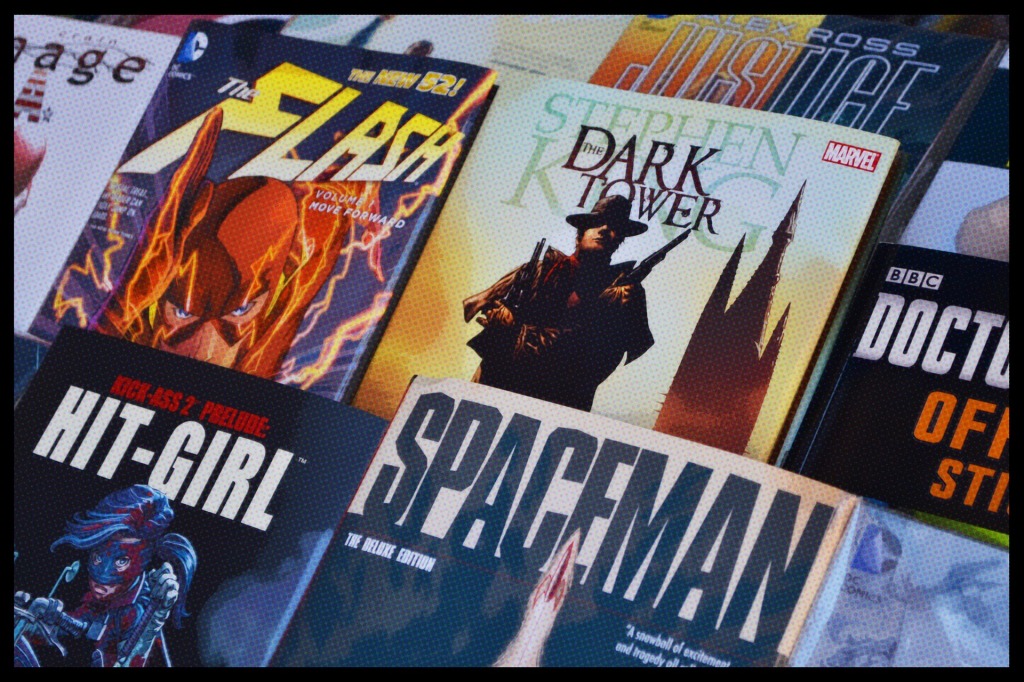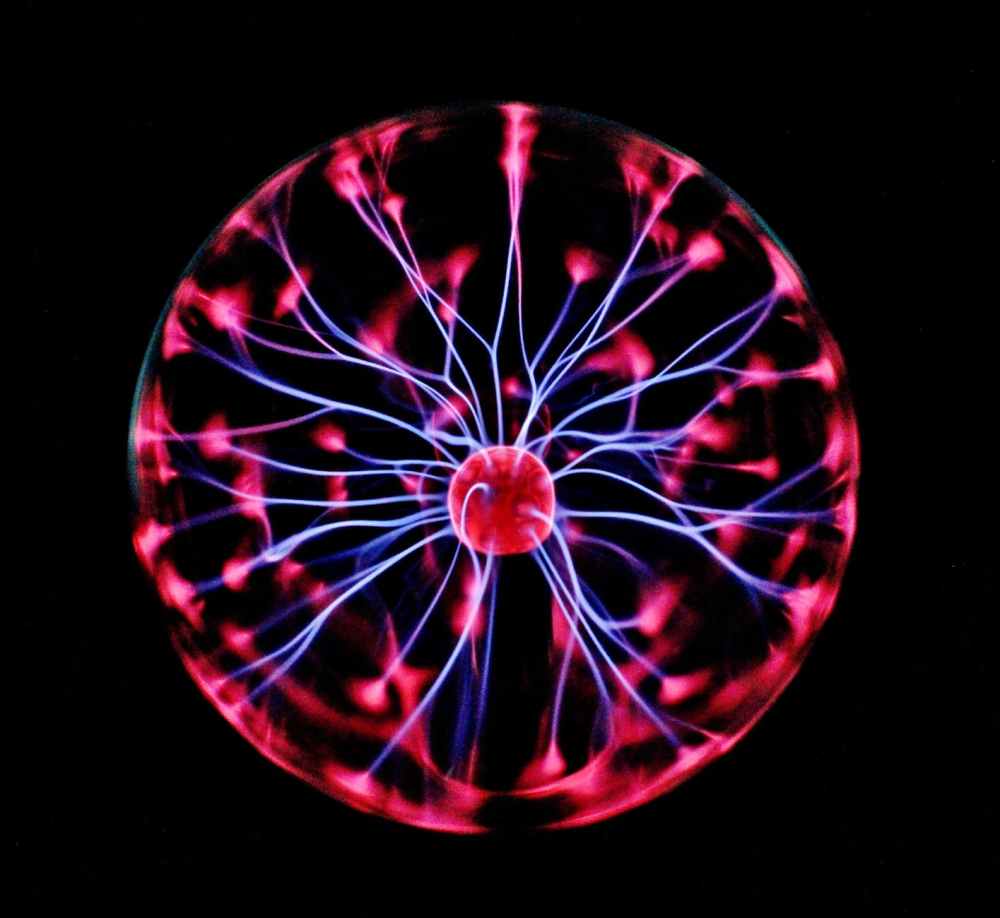I want to talk about the Magna Carta. Why? Because when I told my wife what I was going to write about, she asked if the Magna Carta was a Harry Potter spell. No, it’s not.
So…what is the Magna Carta? It’s one of the famous and most important documents in the world. However to me, and only to me; it’s an amazing piece of legislation that is still relevant in 2020, as it was when it was created in 1215. 1 To understand what the Magna Carta aka the Great Charter, truly is and it’s importance, we need to jump inside our TARDIS and travel back to the High Middle Ages; in particular, England.
So, let’s set the scene shall we? At that time, different countries around the world were using the feudal system. Feudalism was a way that land ownership and duties were administered and exchanged. For an example, in England, the king would own all of the land in the kingdom. Now, owning all of the land sounds great…but it’s not really practical. I meant being the landlord of the country; think of the paperwork!
Because of this, the king would parcel out land to lords, barons and nobles in exchange for service and soldiers. These lords would be called vassals, which they in turn would parcel out smaller sections of land to lesser lords, local lords and to the peasants.
Now King John was the ruler of England in 1215 and he wasn’t exactly popular. Because of this, he is remembered as being one of the worst kings in English history. He had been king for 16 years and in that time, he had lost various wars with France; gained an annulment for his first marriage; was accused of murdering his own nephew; starved 22 knights to death; implemented heavy taxes to fund his foreign wars; excommunicated by the Church and sleeping with some of the wives and children of his barons. Also he was supposedly an enemy, of one green cladded archer that lived in Nottingham Forest. 2
Anyway, the barons and lords of England were very tired of his shenanigans. If they refused to pay the taxes, King John would confiscate their properties or punish them severely. They needed to stop the never ending and increasing taxes, so they could avoid losing their lands.
The barons wanted everybody in the kingdom to obey the laws of the land. To them, nobody was above the law, not even the king. Because of this, the barons; led by Robert Fitzwalter in 1213, took their concerns to Stephen Langton, the Archbishop of Canterbury.
After a meeting with the barons aka the rebels, 3 Langton went to see King John, to remind of the Charter of Liberties. This was a set of rules, laid down by Henry I in 1100, for a king to be bound by, to safeguard certain rights for their subjects. Langton wanted King John to honour that charter, but in a surprise to nobody, King John did not share the same ideas as the Archbishop or the rebels.

Photo by Alex Wong via UK Human Rights Blog
King John looked to Pope Innocent III for support and protection from the rebels and their allies. However, after two years of negotiating and stalling, the rebels were sick of the situation; they decided to create a solution. In May 1215, the rebels met, broke their allegiances to the king and started a military campaign against him. They captured London in the same month, which forced King John back to the negotiating table.
On 10th June 1215, King John met with the barons at Runnymeade, to discuss reforms and they did this with a document. After some editing and discussions, the Great Charter was signed on 15th June 1215, by King John, the barons and various other people. 4
Magna Carta has been annulled, reinstated and had many revisions over the years, but what is so special about it? I mean, it was created over 800 years ago, how is it relevant to governments and their citizens in 2020? The answer is all about legacy.
There are many clauses in Magna Carta, but the two most famous ones are about liberty and rights:
“No free man shall be seized, imprisoned, dispossessed, outlawed, exiled or ruined in any way, nor in any way proceeded against, except by the lawful judgement of his peers and the law of the land.
“To no one will we sell, to no one will we deny or delay right or justice.”
This is profound because of the changes Magna Carta would bring, not just to England, but to the world, throughout the centuries. The Great Charter helped in creating the first Parliament of England; it was used in creating the Petition of Rights in 1628, to challenge King Charles I and was used at his trial; the United States of America’s Declaration of Independence of 1776, was based on Magna Carta; it led a movement in England for all men to have the vote, which in turn became a movement for women to have the vote, years later.
The importance of Magna Carta had also gained strength internationally, because subjects of the British Empire, began to demand the same rights granted to British citizens, under Magna Carta; many leaders around the world, fighting for freedom, were citing Magna Carta for their rights; and 1948, the Universal Declaration of Human Rights was created, based on Magna Carta, to promote the rights of people all over the world.
Over the years, Magna Carta has become a beacon for justice, liberty, freedom and rights the world over. Not bad for a document that is 805 years old. Though to be fair to Magna Carta, the world and Judge Dredd, the greatest piece of legacy the Great Charter has given us is quite simply this: That everybody must obey the law and that nobody is above the law; not even a king.
Thanks for reading and see you in a fortnight!
1 I’m not an expert, but I think Judge Dredd would have approved of the Magna Carta.
2 Does the name Robin Hood ring any bells?
3 The answer is no. The rebels did not have X-Wings nor did King John have a Death Star.
4 Even though King John did sign the charter, he actually didn’t believe in it or follow it.




You must be logged in to post a comment.